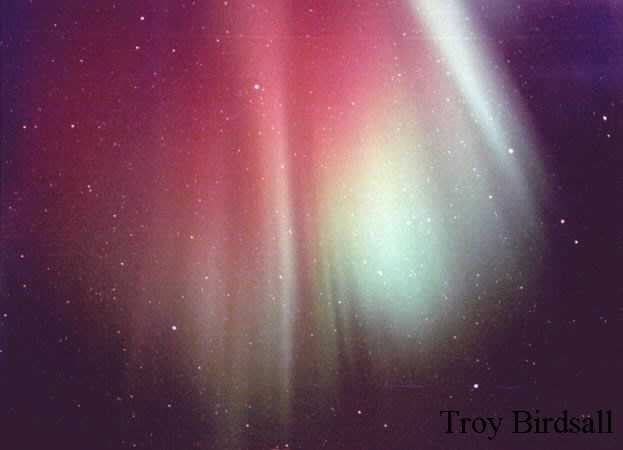 |
 |
| Questions, comments or suggestions? Email me here. |
| I was guided by what I read of angelic lore in, for instance, Gustave Davidson's A Dictionary of Angels, and elsewhere; and also by the needs of the story. If I needed an angel to have been a man at some stage, hey presto! I invented the possibility. There's a lot of making-up in fiction, you know. Good guys and fallen angels: there's been a long tradition of seeing the "fallen" angels as being in some way on the "right" side, and I'm just going along with Milton and Blake as well as some Gnostic traditions. There isn't a difficulty, I think, if we ask ourselves not "Who's good? Who's bad" but "Is this a good deed? Is that a bad one?" I'm not sure why the churches haven't condemned me yet. Perhaps they're biding their time. Or - always possible - they agree with me. (A number of clergy do, and have written to me about it; and the Church Times in Britain gave me a glowing review- almost the best I've had anywhere). Or - most likely of all - they just havent't noticed. Thank you for your comments about Baruch and Balthamos. I was very fond of them too. Having just spent ten days in a studio recording the book for audio, with some very fine actors reading the dialogue while I did the narrative, I was immensely moved by the reading that Nigel Carrington and Alec McCowen gave to those two parts. I do hope you'll enjoy the audio version if you listen to it. Incidentally, the moment when Balthamos returns, having run away, was suggested to me by the Robert Vaughn character in The Magnifent Seven. Angels again. There's a lot to be said about angels, but rather than answer these particular points here, I'd rather refer you to what I'm going to make a start on later this year - a sort of companion volume to the trilogy - not just a reference book, because it will have a lot of stories in it as well, but among other things it'll go into the whole creation myth which underlies HDM, and which of course explains how angels came about. It will be called THE BOOK OFDUST. |
| Phillip Pullman's Answers to Questions About Angels On the Readerville forum These are just some related excerpts, for the complete text of Phillip Pullman's responses please email me. |